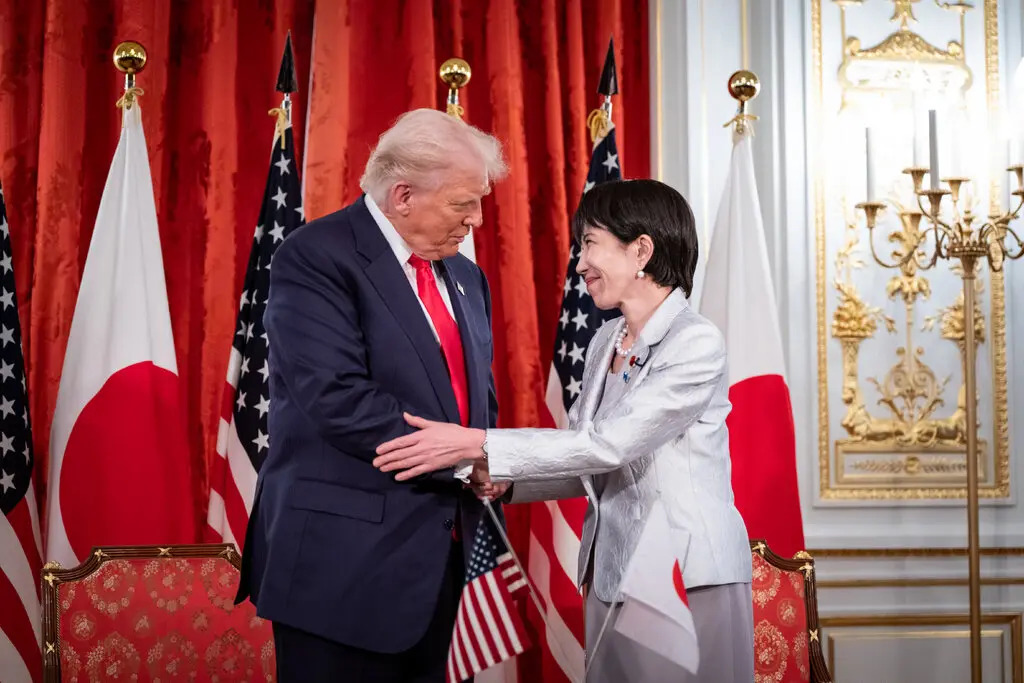
Zhang Yun, Professor, School of International Relations, Nanjing University
Nov 05, 2025
A stronger alliance between the U.S. and Japan poses significant challenges for China, but it’s important to recognize the internal and external constraints on Prime Minister Sanae Takaichi’s foreign policy. Actively identifying new areas of growth and nurturing the internal momentum of the relationship is essential.
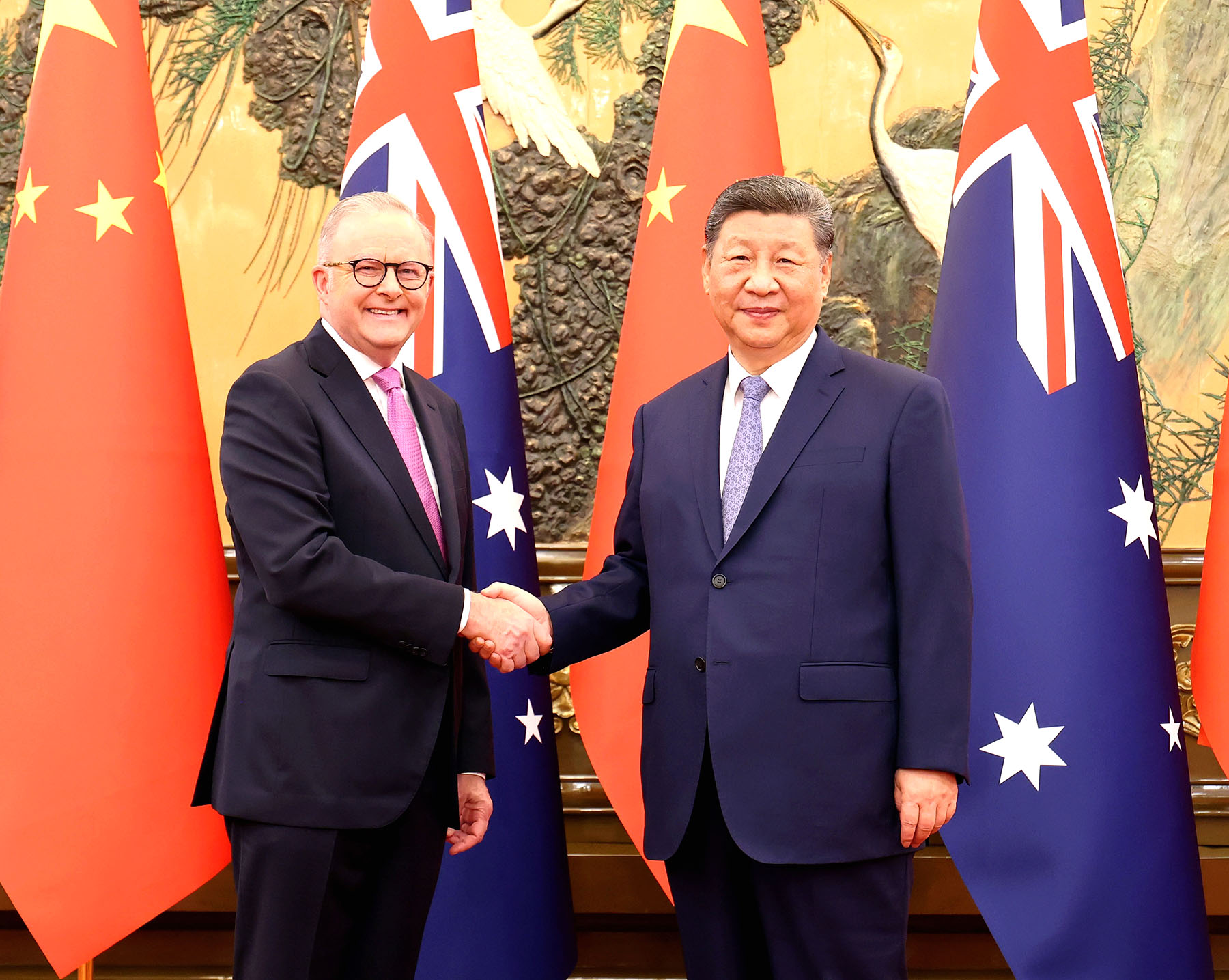
Richard Javad Heydarian, Professorial Chairholder in Geopolitics, Polytechnic University of the Philippines
Aug 08, 2025
The second Trump administration’s trade policies and assertive defense diplomacy have unsettled key Asian allies, straining some relationships while drawing others into deeper military cooperation. This approach has raised concerns about diminishing strategic autonomy among U.S. partners and the potential for pushing them closer to China.
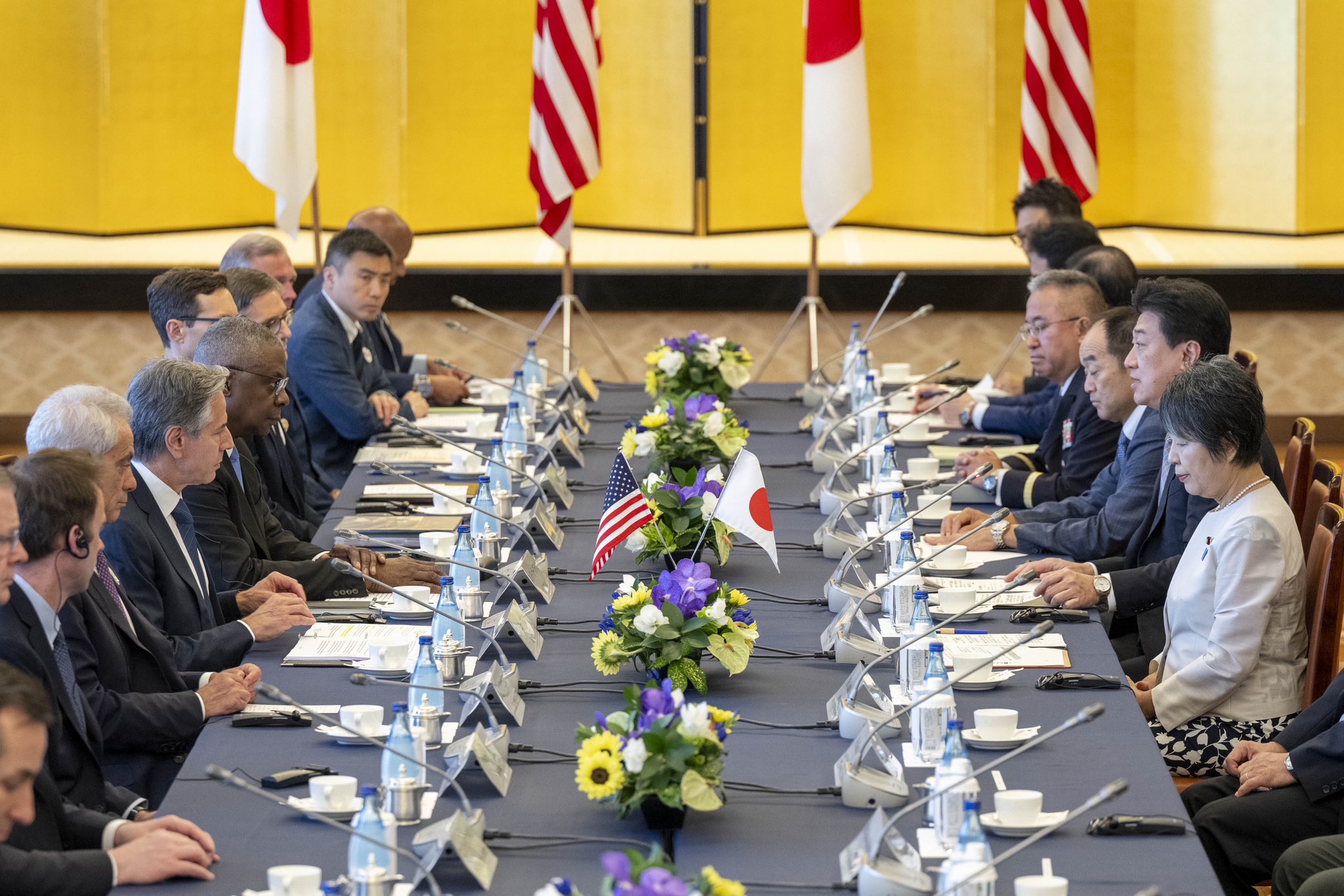
Zhang Yun, Professor, School of International Relations, Nanjing University
Aug 14, 2024
Tokyo has questioned the reliability of U.S. nuclear protection and has put the issue high on the agenda. Lasting peace in East Asia, however, cannot be achieved simply through nuclear power. The way forward is to focus on common security efforts and include all parties in the discussion.
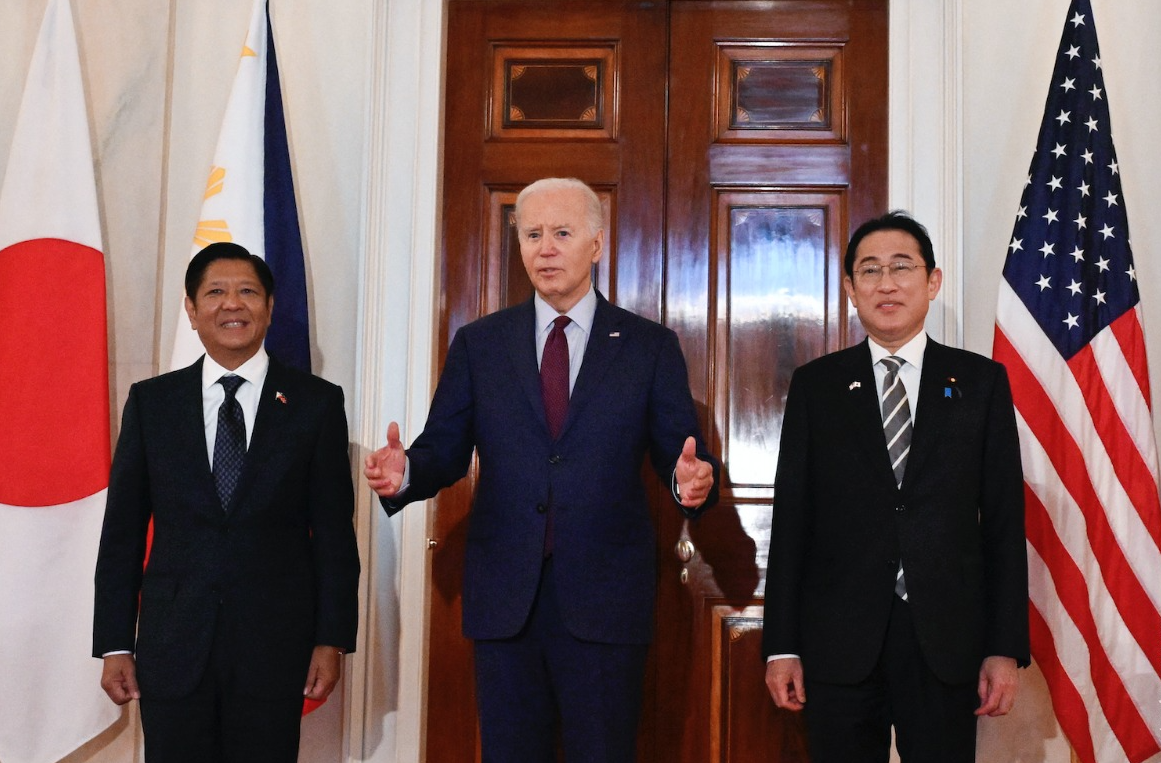
Lucio Blanco Pitlo III, President of Philippine Association for Chinese Studies, and Research Fellow at Asia-Pacific Pathways to Progress Foundation
May 02, 2024
The U.S., the Philippines, and Japan recently met in Washington for a trilateral summit, where they discussed security, diplomacy, economics, and more. At the meeting, Manila also exemplified a strategic alignment with Washington and Tokyo, particularly in countering China's assertiveness in the South China Sea and pursuing economic diversification away from Chinese dependency.
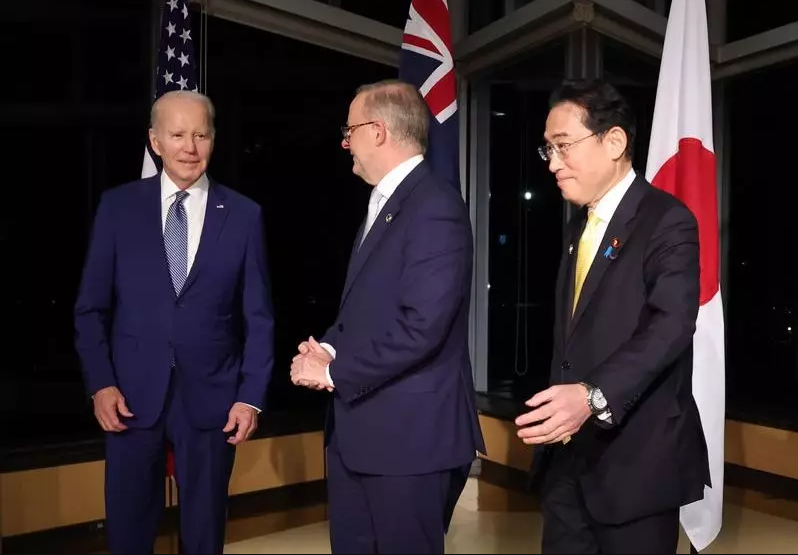
Cui Lei, Research Fellow, China Institute of International Studies
May 02, 2024
The United States has incentives to outsource the production of weapons, as its domestic capacity is insufficient to meet its needs. Co-production benefits others. But it’s also likely to lead to proliferation across borders, create regional security tensions and increase the risk of conflict.
Zhong Yin, Research Professor, Research Institute of Global Chinese and Area Studies, Beijing Language and Culture University
Apr 19, 2024
Fabricating a strategic architecture by uniting Japan, the Philippines and Australia with the United States will only accelerate the transformation of the region into opposing camps and drag the big powers into a dangerous Thucydides trap.
Zhong Yin, Research Professor, Research Institute of Global Chinese and Area Studies, Beijing Language and Culture University
Jan 02, 2024
Trilateral cooperation between the United States, Japan and South Korea seems to have solidified recently, although they have not announced a formal alliance. But differences in their views on China and deep-rooted frictions will likely hinder the ongoing pace of concerted action.
Earl Carr, Founder and Chief Executive Officer at CJPA Global Advisors
Nathaniel Schochet, Analyst and CJPA Global Advisors
Sep 05, 2023
Amid rising geopolitical tensions in the Indo-Pacific region, the Biden administration orchestrated a significant breakthrough by fostering closer relations between South Korea and Japan. This shift is underscored by a recent trilateral summit involving the U.S., Japan, and South Korea, where leaders addressed shared challenges posed by China and North Korea. This collaboration signifies a critical step towards regional security, economic resilience, and a unified approach to navigating the dynamics of the Indo-Pacific.
Zhang Yun, Professor, School of International Relations, Nanjing University
Feb 13, 2022
The United States and its allies need to make a strategic shift in their Asian strategy, away from their highly militarized mindset and toward thinking about what countries in the region want.
Zhang Yun, Professor, School of International Relations, Nanjing University
Nov 29, 2021
In their quest for absolute security, the two countries are sowing the seeds of disappointment. Because growth is necessary for economic security, any country that uses security as an excuse for trade protectionism will not achieve its desired competitiveness. This only harms innovation.
Back to Top

- China-US Focus builds trust and understanding between the U.S. and China through open dialogue among thought leaders.
- Our Offerings
- Topics
- Videos
- Podcasts
- Columnists
- Research Reports
- Focus Digest
- Stay Connected
-
Thanks for signing up!
- Get the latest stories from China-US Focus weekly.